There has always been a huge debate amongst comic book creators when it comes to the way comic book art should be created. Many swear by traditional methods alone (use of paper, pencil and colours by hand), arguing that it is the only way one can see the authenticity in the craft of talented artists. On the other hand, creators who venerate digital illustration tools like graphic tablets insist on the fact that these tools help enhance their work and provide better results for different kinds of consumers. So, the debate around traditional or digital illustration tools remains a hot topic within the comic book creation community.
Well, this blogpost seeks to provide a direction or a resolution to this heated topic. In that light, the best way to do so will be to get the advice of an experienced and highly talented artist who has done illustrations for comics with traditional and digital tools. We therefore caught up with Mbozo’o Bertrand Zeh AKA Showbizz to find out what he thinks about this topic. Mbozo’o Bertrand Zeh or Showbiz is an artist who hails from Cameroon and he specialises in illustrations of all kinds (comic book illustration inclusive). This is what he had to say.
Zebra Comics Blog: Hello.Thank you for creating the time to answer our questions. Before we get your point of view on the main topic of discussion, we would like to know; Who is Showbizz?
Showbiz: Showbiz or Mbozo’o Bertrand Zeh is a Cameroonian professional artist who hails from the South Region of Cameroon, specifically from the Bulu tribe. As early as the age of three, I began exhibiting skills in drawing and illustration and I continued to hone my skills thanks to my late mother who encouraged me to keep drawing. After my studies in primary school, secondary school and at the university, I decided to become a professional illustrator. I have published comics before and I continue to work to grow the sector. Since 2020, I have been working for Zebra Comics PLC where I currently occupy the position of Artistic Director.
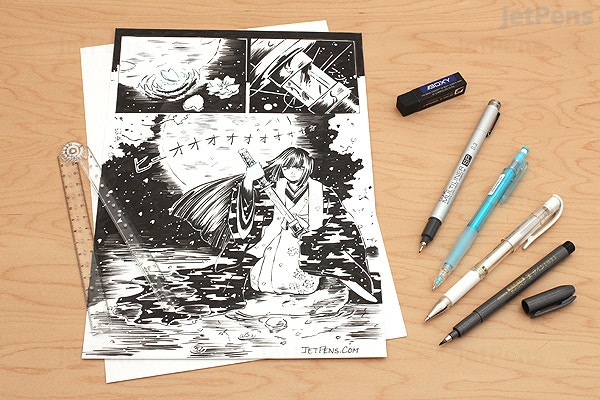
Zebra Comics Blog: When did your comic book journey start and what have you published so far?
Showbiz: Well, I haven’t published much yet. Note that it is only very recently that I got into comics in a big way. Also, it is not very long since I started working as a comic book artist/illustrator, so I haven’t published much. Nevertheless, I have been able to publish some comics. My first publication was in a collection published by New Era Publishers, also known as “Afro Shonen.” I got to do illustrations for four stories in this collection which was published in 2015. Unfortunately, only one volume was released. Then, in 2019, I published “MULEMA” with the startup, Legend Arts. Apart from these, I have been working on several comic book projects for Zebra Comics PLC, notably KUSH, CITY BLUES and RETROGRADE. Concurrently, I am working as an illustrator on a graphic novel to be published by Editions Dupuis. So, this is my comic book creation journey so far.
Zebra Comics Blog: What are you working on now?
Showbiz: Currently, I am working on volume 2 of the original Comic book IP from Zebra Comics PLC called CITY BLUES. Each volume of this comic book comprises five episodes. The first volume is already done and so I am currently working on the second volume. It is a great one for fans of romance comics. Comics fans should check it out on the Zebra Comics App and website. They will not be disappointed.
Zebra Comics Blog: Now, let us get to the bone of contention. What do you prefer to work with: paper and pencil or graphic tablet?
Showbiz: Well, this is a delicate and complicated question to answer because it requires a lot of explanation to be able to show which of these tools I prefer. Each of these them have their methods of use which lead to unique outcomes. For works which are very personal and where I expect a natural look in the final illustrations, I will prefer to use traditional tools. This is because I feel that with traditional tools, I can best display my art and express what I want through my illustrations. With traditional tools, I do not have many constraints which hinder me from expressing myself fully and so the results are usually very close to what I imagine in my mind. Also, I use traditional tools on personal projects, and when I have enough time to invest in them. So, traditional tools are good for producing natural and very beautiful illustrations, but they require huge investment of time. On the other hand, digital tools help in doing repetitive tasks and large quantities of work in limited time. They work well in industrial settings where large quantities of illustrations have to be done on a daily basis (like what happens at Zebra Comics PLC). So, as far as production and speed are concerned, I prefer to use digital illustration tools. But for personal projects which necessitate a great level of artistic investment and time, I will go for traditional tools.
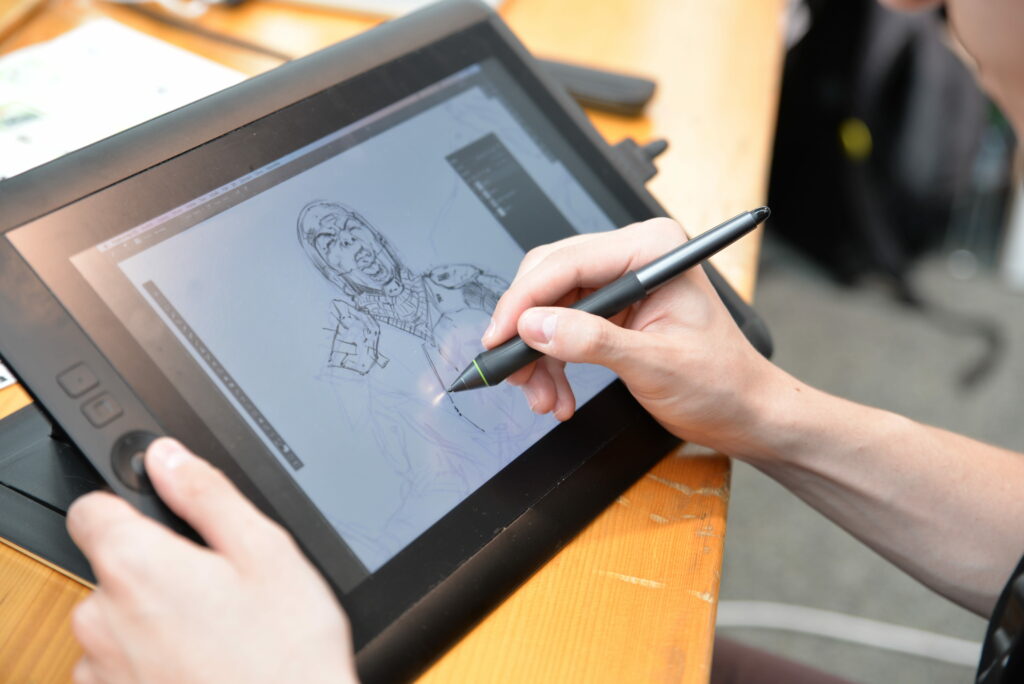
Zebra Comics Blog: What are the advantages and disadvantages of these traditional and digital tools?
Showbiz: Well, let’s start with the use of traditional tools. Firstly, the use of traditional tools is time consuming and therefore makes work go slower. It takes time to do hand-drawn illustrations on paper. Secondly, with traditional tools, it is difficult to do large quantities of illustrations in a short time. This is because it is not possible to be repetitive or to reproduce illustrations automatically. So, traditional tools do not work well in industrial settings. On the other hand, as far as the advantages of traditional tools are concerned, they help portray the works of the artist in the best possible way. The end products of illustrations done with traditional tools are much more natural and so provide a visual appeal that is difficult to provide with digital tools. It brings out what the artist actually feels and so portrays the very basis of the etymology of art.
As far as digital tools are concerned, the first disadvantage is that they do not permit the artist to reduce the margin of error as they do with traditional tools. Digital tools render illustrations artificial, which are usually appealing, but do not provide the same level of visual appeal as traditional tools. Sometimes, no matter how you try, you may not be able to draw a curve the way you want with digital tools and so you end up with a particular way in which illustrations look, which is not always very appealing. On the other hand, digital tools are very advantageous when it comes to massive production of illustrations. In industrial settings (digital comics companies and animation projects) digital tools help produce large amounts of illustrations with impressive accuracy. Also, digital illustrations can sustain great visual appeal especially when they are consumed digitally within applications on smartphones, tablets and PCs. These tools are particularly appreciated in this era, given that many people are now great consumers of the tech on which digital illustrations are best consumed.
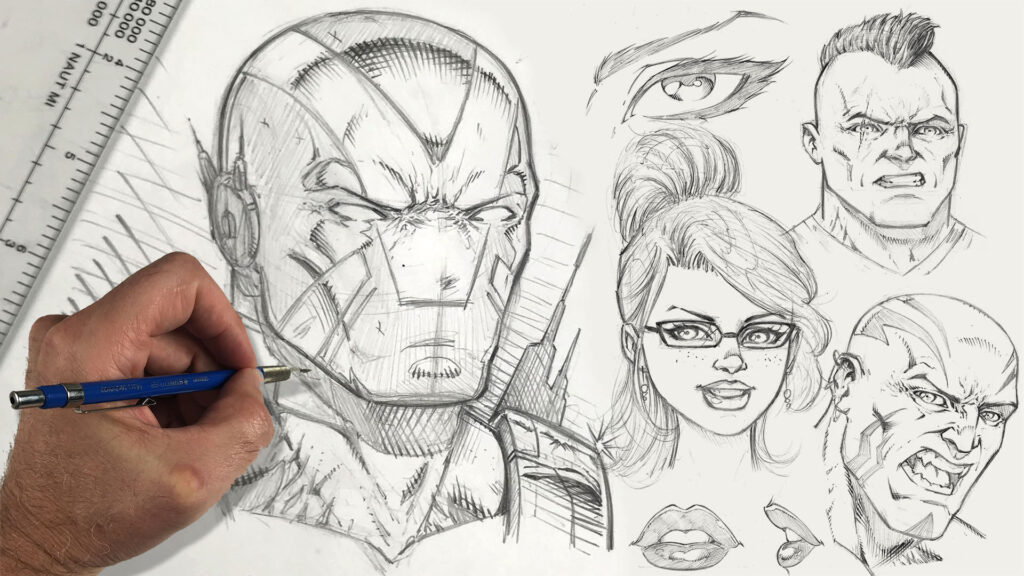
Zebra Comics Blog: Any last advice for aspiring illustrators out there?
ShowBiz: To every aspiring artist, illustrator and author of comics, I will say that, irrespective of their preference for traditional or digital illustration tools, they should make sure that they are trained in the use of digital illustration tools. This is because we now live in the digital era where a high percentage of comics are consumed digitally. Going into the future, this trend will increase, making the use of digital illustration tools indispensable for aspiring artists, illustrators or authors of comics. More so, if any of these aspiring artists intend to work as illustrators or graphic designers in any company in the world today, they are obliged to master the use of digital tools in their work because that is what is used in those domains to ensure speed and accuracy. However, for the very young ones who are just starting out in art and illustration, the use of traditional tools is recommended. This is because traditional illustration provides the base and foundation for every young artist. Digital tools just provide shortcuts. For anyone to know that they are using a shortcut, they have to first of all know the main route. Traditional tools will help young artists grasp the fundamentals of art and illustration before they venture into using digital tools to make work easy. To crown it all, practice as much as possible, hone your craft and you will become a great illustrator sooner than expected.
So, ShowBiz has spoken, and his points were pretty clear. What do you think about his arguments? Share your thoughts in the comments section. You can follow ShowBiz and see his works on his Facebook Page.
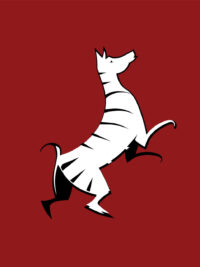
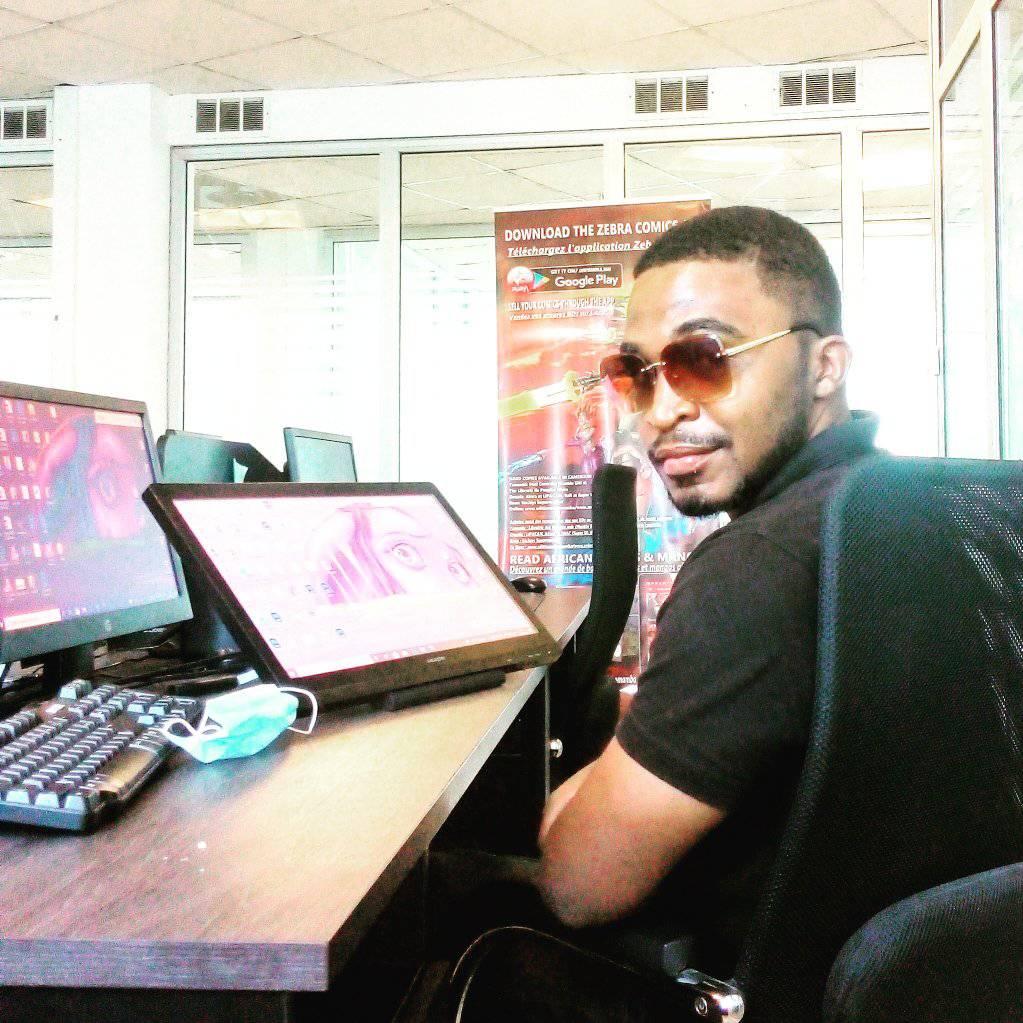
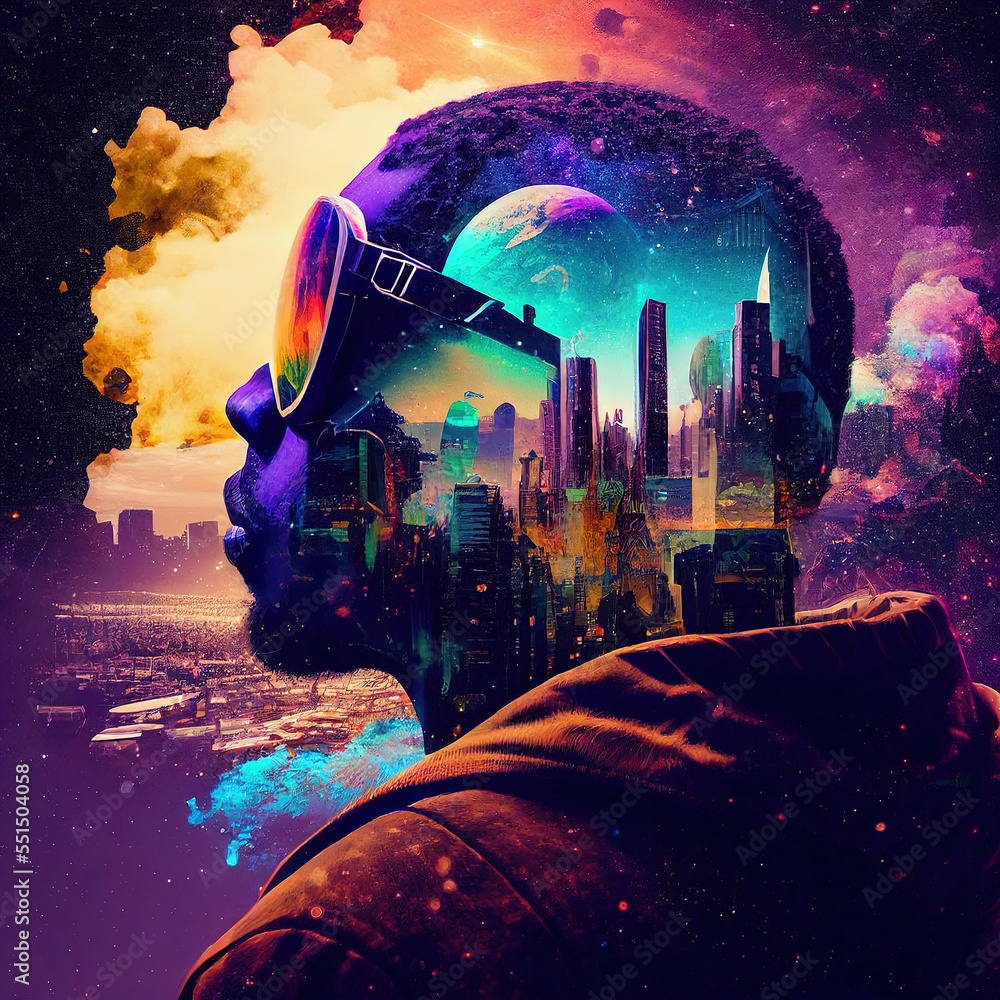
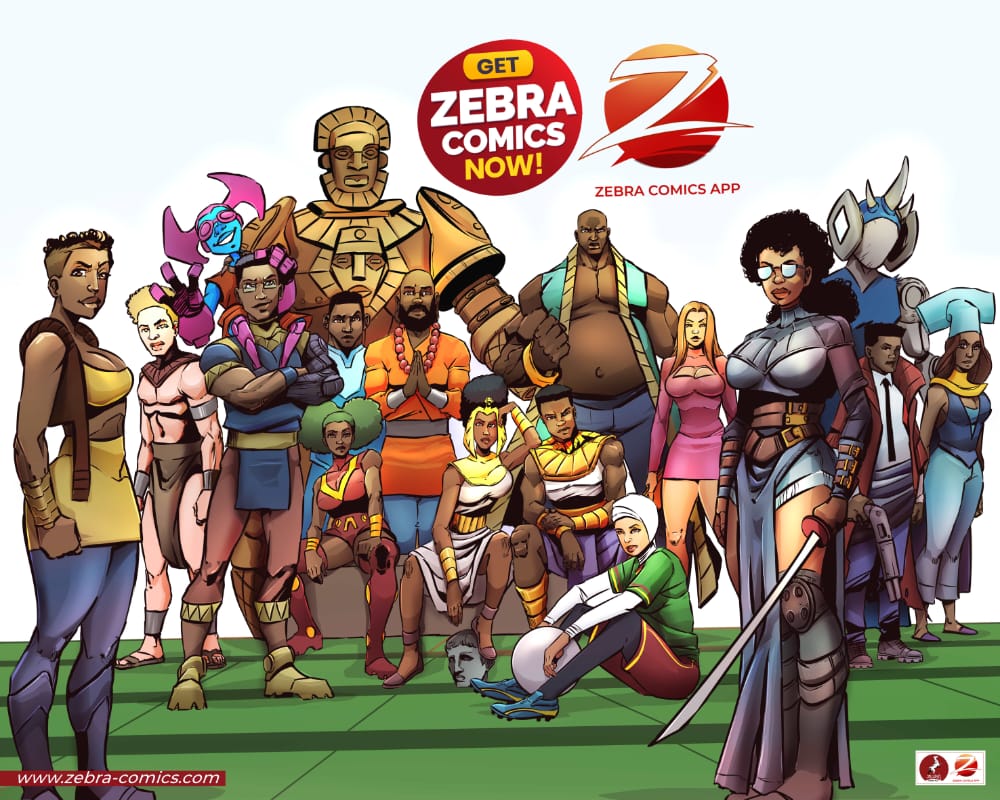
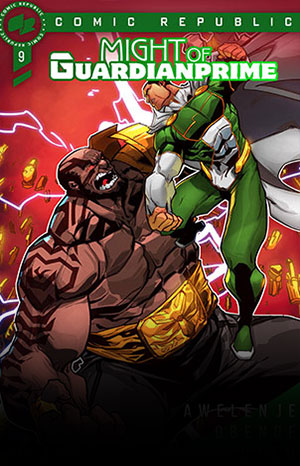
What an insightful read. I do agree, when starting out, traditional tools are best to hone the skill of the artist. Now for more commercial and industrial scale production, digital tools is indispensable.
Both traditional and traditional art have their place in the world of arts. Comics in particular to me are best done digitally because you need to deliver speed. Illustration ms or portraits can be done traditionally to give a more personal touch.
I personally use traditional art for my ideation process and storyboards. But the final product goes through my computer, if you get what I mean.
This is a whole new vibe… Relating to the environment it is being build 🔥💪🏽… I’m hyper hyped 😎❤️
Coming from a reader’s perspective, I’ve always loved the feel of paper but I must admit the digital sphere has gained tremendous ground. Me included.
This is a great insight into the topic. As a traditional and digital creator, I do agree with the artist’s points
Pingback: The Life and Work of an African Comic Book Colourist: An Interview with Coeurtys Minko – Zebra Comics Blog